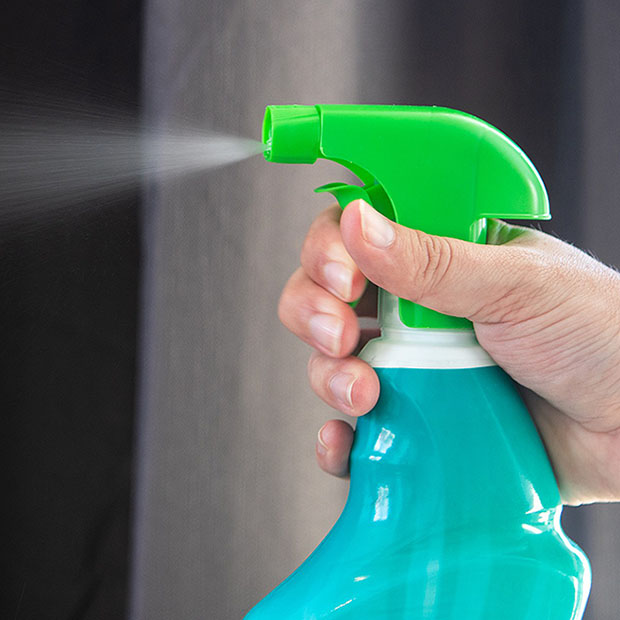
Almost half of the eye injuries that happen each year happen at home!
That means that, in the places people should be safest, they’re still getting over a million eye injuries a year. The good news is that eye injuries are easy to prevent, so let’s take a look at the measures we can take to make our homes more eye-safe!
The Main Eye Safety Risks at Home
All kinds of innocent objects can become eye hazards in an accident, from pens and pencils to the corners of furniture. However, it’s actually cleaning chemicals and toys with small pieces that pose the greatest hazard to the unwary eye. Even leaning too close to a skillet with hot oil in it can put our eyes in danger.
Out on the lawn, there are additional hazards, such as the debris flying out of lawnmowers and some gardening and work tools. Pesticides, herbicides, and fertilizers that we use in our lawns and gardens can also be dangerous. So how do we protect our eyes?
A Few Quick Tips for an Eye-Safe Home
- Use protective eyewear. Always wear safety glasses or goggles when working with chemicals or other materials (such as sawdust or wood chips or shavings) that could spray up towards the eyes.
- Minimize trip hazards. Secure any rugs and make sure to equip stairways with proper railings and lighting. Also keep things tidy!
- Clear the lawn. Before you mow or use a weed eater, clean up any items that could be flung around at dangerous speeds if the blades catch them.
- Read warning labels. Make sure to use cleaning chemicals properly and be very careful about which ones you use together. No matter which ones you use, wash your hands afterwards.
- Don’t touch your eyes! Particularly while using cleaners (but it’s a good idea any time), avoid touching your eyes and wash them often.
- Store tools and cleaners safely. Children and pets shouldn’t be able to get to them.
Make a First Aid and Emergency Plan
Part of minimizing the risk of injury is having a plan in place for if one happens. The most common types of eye injuries are when a foreign substance or object gets in the eye or when a foreign body penetrates the eye. Seek immediate medical attention in the case of the latter, and don’t try to remove the object or touch the eye. Use a rigid shield (like a paper cup) to protect it en route to an emergency room.
If a foreign object gets in the eye, a trip to the hospital is still a good idea, and it’s still important not to touch it. It could be worse than it looks. Sometimes foreign objects can be flushed out with water, and if it’s a chemical, flushing with water for 20 minutes is a good measure to wash as much of it as possible out of the eye and minimize any harmful effects.
Come to Us With Eye Safety Questions
If you’re looking for any additional advice on home eye safety or would like to run your eye injury emergency plan past us, we’d be happy to help! This is especially important for households with young children or people with limited mobility.
Enjoy a happy Eye Safety Awareness Month!
Top image used under CC0 Public Domain license. Image cropped and modified from original.
The content on this blog is not intended to be a substitute for professional medical advice, diagnosis, or treatment. Always seek the advice of qualified health providers with questions you may have regarding medical conditions.











